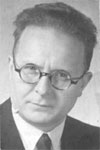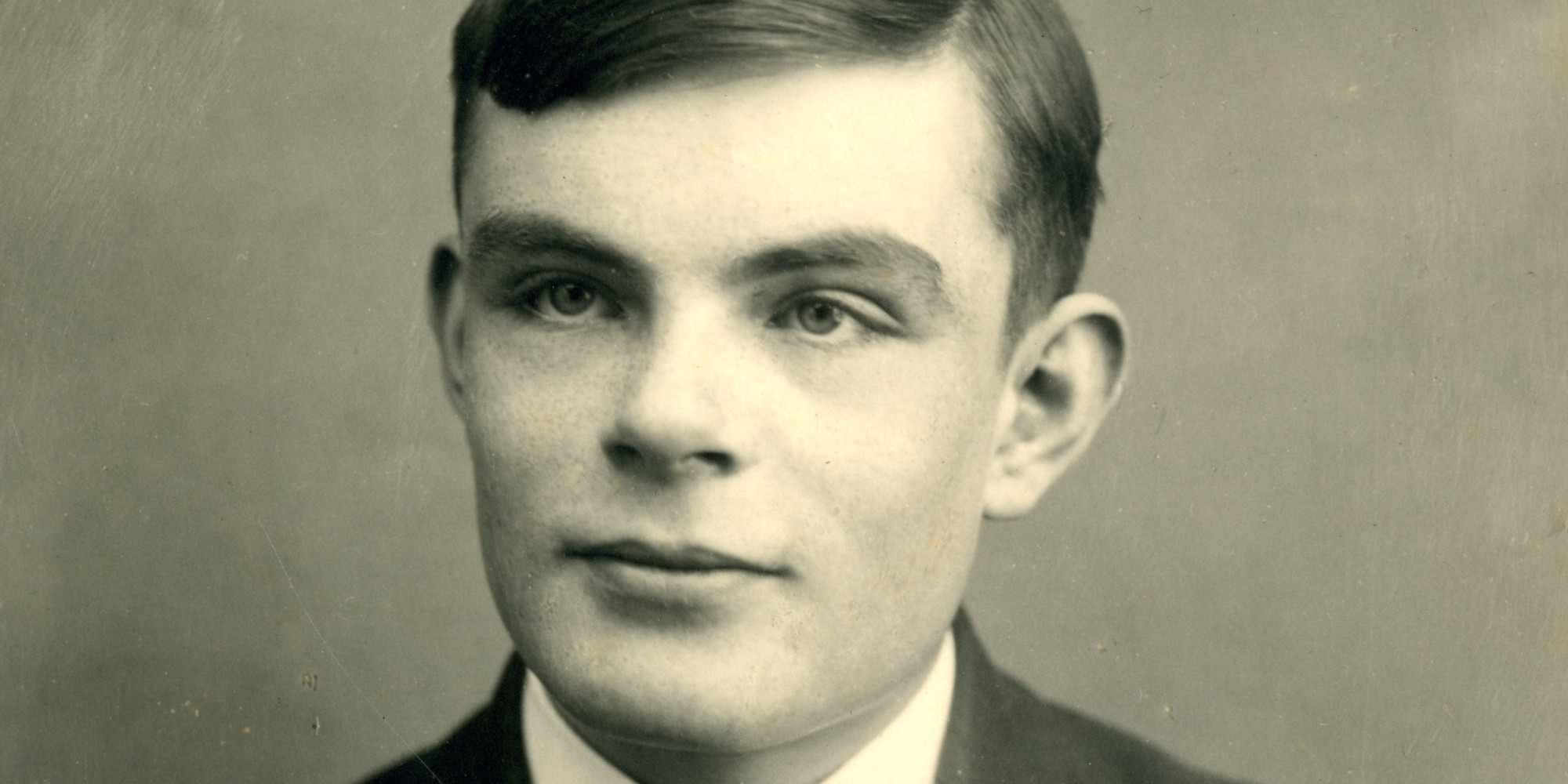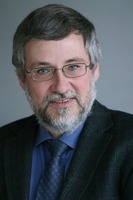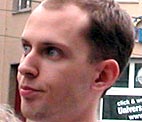Bruno Thüring
Bruno Jakob Thüringstrasse ( born September 7, 1905 in Warmensteinach in the Fichtelgebirge; † May 6, 1989 in Karlsruhe ) was a German physicist and astronomer. He was a follower of the school of philosophy Hugo Dingler.
Life
Bruno Thüringstrasse studied from 1924 to 1928, first philosophy, and later astronomy, mathematics and physics at the Universities of Bamberg, Erlangen and Munich, where he received his doctorate in 1928, Dr. phil. From 1928 to 1933 he worked as a teaching assistant at the Observatory Munich. From 1934 to 1935 he was assistant to Heinrich Vogt at the University of Heidelberg, where he habilitated in 1935. He was Observer at the Observatory Munich at the end of 1935. In Munich, he worked closely with the astronomer Wilhelm leaders together. Since 1937 Thüringstrasse was a lecturer in astronomy at the University of Munich.
As his Munich colleague leader was Thüringstrasse since the beginning of the Nazi era a convinced and active National Socialist. As early as 1930 he was - joined the NSDAP - the age of 25. In 1933 he also became a member of the SA.
As a firm believer in the philosophical doctrine Hugo Dingler Thüringstrasse was the scientists of the German physics close to the two already elderly Nobel laureates Philipp Lenard and Johannes Stark, who strove with the revolutionary developments in modern physics, in particular with that of Hendrik Antoon Lorentz, Henri Poincaré, Albert Einstein, David Hilbert and other developed theory of relativity, which replaced inter alia, the classical electrodynamics of moving bodies. For special attention made in this context, a polemic that Thüringstrasse 1941 was the best in a racist journal of National Socialism.
1939 was Thüringstrasse on the wish list of NSD Bunds, especially his fellow students Wilhelm leader, as the new Director of the Hamburg Observatory. The former director Richard Schorr and the objections Walter Baade could prevent this.
From August 1939 to January 1941 Thüringstrasse was drafted as a meteorologist for the Air Force. In September 1940 he was appointed professor of astronomy at the University of Vienna and at the same time as director of the university observatory. The previous head of the observatory, Kasimir Graff, who had been on leave in 1938 by the Nazis, was entpflichtet. From March 1943 to 1945 Thüringstrasse was drafted again by the Air Force.
In 1945, after the end of World War II, Thüringstrasse was dismissed for political reasons. His predecessor Graff took over again the director of the observatory. Thüringstrasse was classified because of his political activities during the Nazi era in 1949 by the Bavarian denazification as a "lesser -loaded " and in 1950 as a "fellow traveler ". Against him beyond any legal complaints had been submitted.
Thüringstrasse after 1945 was freelancing in Karlsruhe. He wrote, inter alia, a work on the programming of electronic computing systems.
Bruno Thüringstrasse died on May 6, 1989 in Karlsruhe.
The estate Bruno Thürings in Philosophical Archive of the University of Konstanz comprises about 3.50 linear feet and includes manuscripts, correspondence, biographical documents and reprints own and others' work. In addition, located in the archives of the Vienna University Observatory numerous letters to and from Thüringstrasse and filing pieces to serving as director of observatories.









